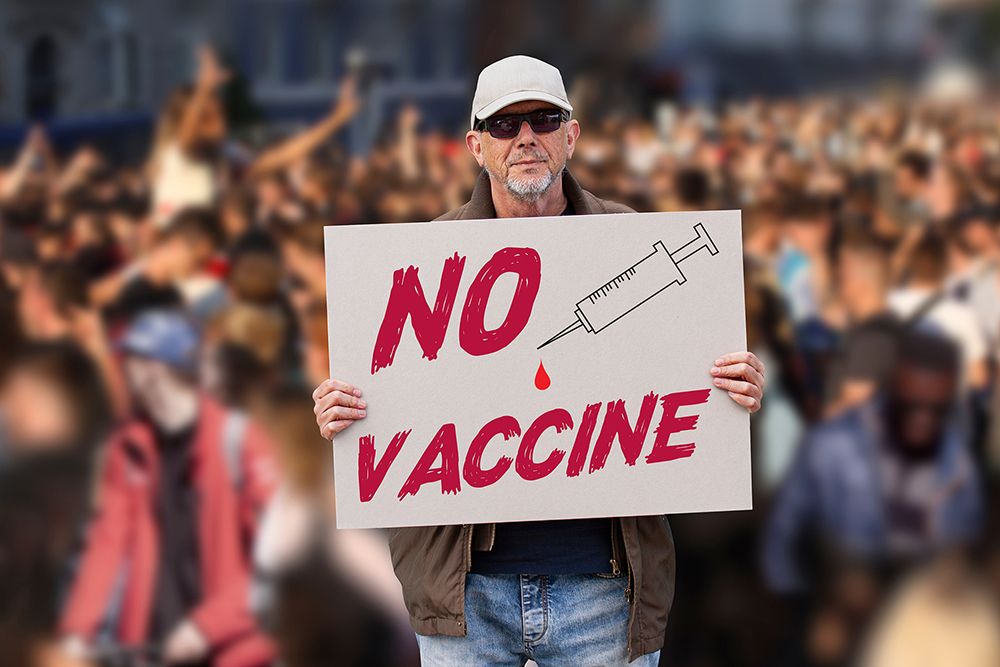The controversy over the MMR (measles, mumps and rubella) vaccine was triggered by a research paper by gastroenterologist Andrew Wakefield in 1998, Ileal-lymphoid-nodular hyperplasia, non-specific colitis, and pervasive developmental disorder in children. That research paper suggested the MMR vaccine might be responsible for one particular form of autism. However, the following series of studies has since rejected this conclusion.
Many assume however that since the vaccine precedes the onset of autism, that the two are linked. It turns out to be a coincidence. Those making a link aren’t using rational thinking, so even the scientific test results might fail to convince them. Let’s take a look at those tests.
The first tests in 2004 were by the United States CDC who performed an MMR and autism study which indicated that, although the MMR vaccine was typically given to children at the 3-to-5-year age, and autism diagnosis averages 4 to 5 years, there is no medical connection between the two.
A more recent study by the Institute of Medicine, DeStefano F, Shimabukuro TT. The MMR Vaccine and Autism, also concluded that MMR vaccine does not increase the risk of autism.
In addition, this specific relationship has been independently tested in other countries throughout the world. For instance, a Danish study of more than half a million children, MMR vaccine is not linked with autism, says Danish study, found no link between measles, mumps, and rubella (MMR) vaccination and autism. In a commentary accompanying the study, Dr Edward Campion, senior deputy editor, wrote in his summary, “This careful and convincing study shows that there is no association between autism and MMR vaccination.”
Lead author Dr Kreesten Meldgaard Madsen, an expert on infectious diseases at the Danish Epidemiology Science Centre in Aarhus, told the British Medical Journal that the study showed the same results in both, children who were vaccinated and in children who were not.
A Japanese research study has provided us with the most convincing proof yet that the measles, mumps, and rubella (MMR) vaccination does not cause autism. The study shows that rates of autism in Japan continued to rise - even after the triple vaccine was withdrawn.
This latest study, of 31,426 children in the Japanese city of Yokohama, examined the incidence of autism between 1988 and 1996, a period when uptake of the MMR vaccination steadily declined before being withdrawn in 1993 and replaced by single vaccinations. Yet the incidence of autism continued to rise, from 48 cases per 10 000 children born in 1988 to 117.2 per 10 000 born in 1996. This same pattern was observed for the form of autism that Dr Wakefield linked to the MMR vaccines.
“The significance of these findings is that MMR is extremely unlikely to be the main cause of autism spectrum disorders (ASD) and that its withdrawal can’t be expected to lead to a reduction in ASD,” or autism. This was the test report from the Yokohama Rehabilitation Centre and the conclusion from the UK Institute of Psychiatry: Vaccines.
The evidence that MMR vaccinations do not cause autism has been overwhelmingly substantiated worldwide. Using valid or verifiable and repeatable evidence, and rational thinking are the keys to finding truth.
I wish you good health in all your future endeavors.
Request for comment
Have a question or a comment about this topic, I'd love to discuss it more! Fill this form out!
